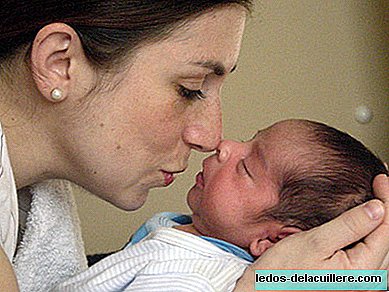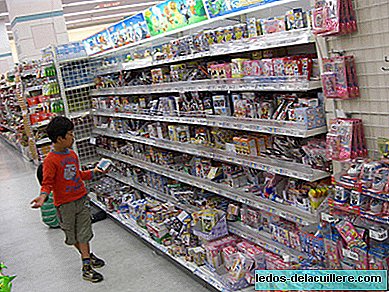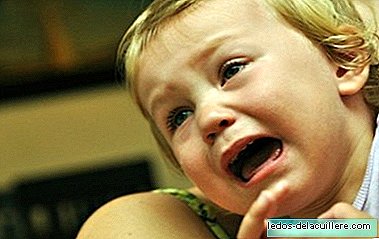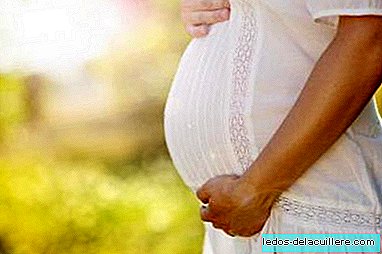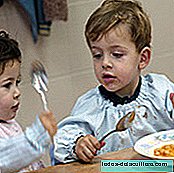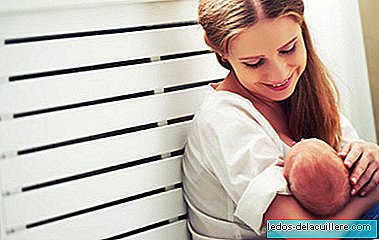
After the birth of your baby, it is normal to seek to regain weight before pregnancy. Although you have gained only the kilos you needed to gain during pregnancy, your body accumulated fat both for the protection of the baby and to be able to use it as a fuel at the time of breastfeeding. So if you eat a balanced diet, simply by breastfeeding, you will regain your previous weight.
Many women undergo strict diets to lose that extra weight and, in fact, there are many types of meal plans; but nevertheless, the ideal is to have the guidance of a nutrition expert to achieve it.
Accelerated weight loss is not the best option and, in addition, there are more important aspects that you should take into account now, such as: your baby's nutrition. Losing half a kilo to a kilo per week is a natural rhythm, which you can achieve even by eating more than you ate during pregnancy. Losing weight quickly is a sign that you are possibly losing muscle and fluids, which puts you in a position of weakness in the care of your little one.
You must take into account that the greatest weight loss occurs between four and six months of breastfeeding, so if you reach your ideal weight before this period, it is important that you review your diet with a specialist and add a little extra energy to not lose more than you should.
Further, It is important to consider that with food restrictions, there may also be a lack of nutrients that you and your baby need. Multivitamins like Bayer's Elevit, can supplement your diet if your nutritionist considers it relevant.
Are the most popular diets adequate?

We will analyze some examples of diets that women currently use to lose weight, in order to know if they are adequate to provide sufficient nutrients for each day during the lactation period.
The protein diet
It consists of prioritizing the consumption of proteins and almost completely eliminating foods rich in carbohydrates, sugars and fats, because we know that the latter, are those that if we consume in excess they accumulate in our body in the form of fat. Decreasing them would cause us to lose weight.
What foods are high in protein? Meat, chicken, fish, egg, which of course are important at this stage of your life. It is a fact that reducing the consumption of carbohydrates accelerates weight loss; However, these foods are found in fruits, vegetables and legumes, which provide us with significant amounts of vitamins and minerals. If you limit your consumption, both you and your baby will have less access to these micronutrients, and you will not get enough energy for milk production.
Vegetarian diet
More and more women choose to stop consuming products of animal origin and get to do it before they get pregnant. Yes you can take a healthy pregnancy and lactation based on vegetables, but learning to combine food to replace protein intake.
However, a vegetarian woman is more at risk of having iron and vitamin B12 deficiencies. Iron exists in foods of plant origin, but the absorption capacity of our body is very low; that is, only 2 to 5% of what we consume is absorbed, so it is much better to obtain it from an animal source. And as for vitamin B12, we cannot find it in any vegetable product. This makes it necessary to take some type of multivitamin.
Take care of your baby's greeting and benefit from taking a multivitamin
Although you have a correct diet that includes all food groups, during the period of breastfeeding you require additional nutrients, such as: calcium, iron and folic acid. So, if your nutritionist recommends it, consume a multivitamin -as already mentioned, Elevit- It could be a way to get the vitamins and minerals you need.




